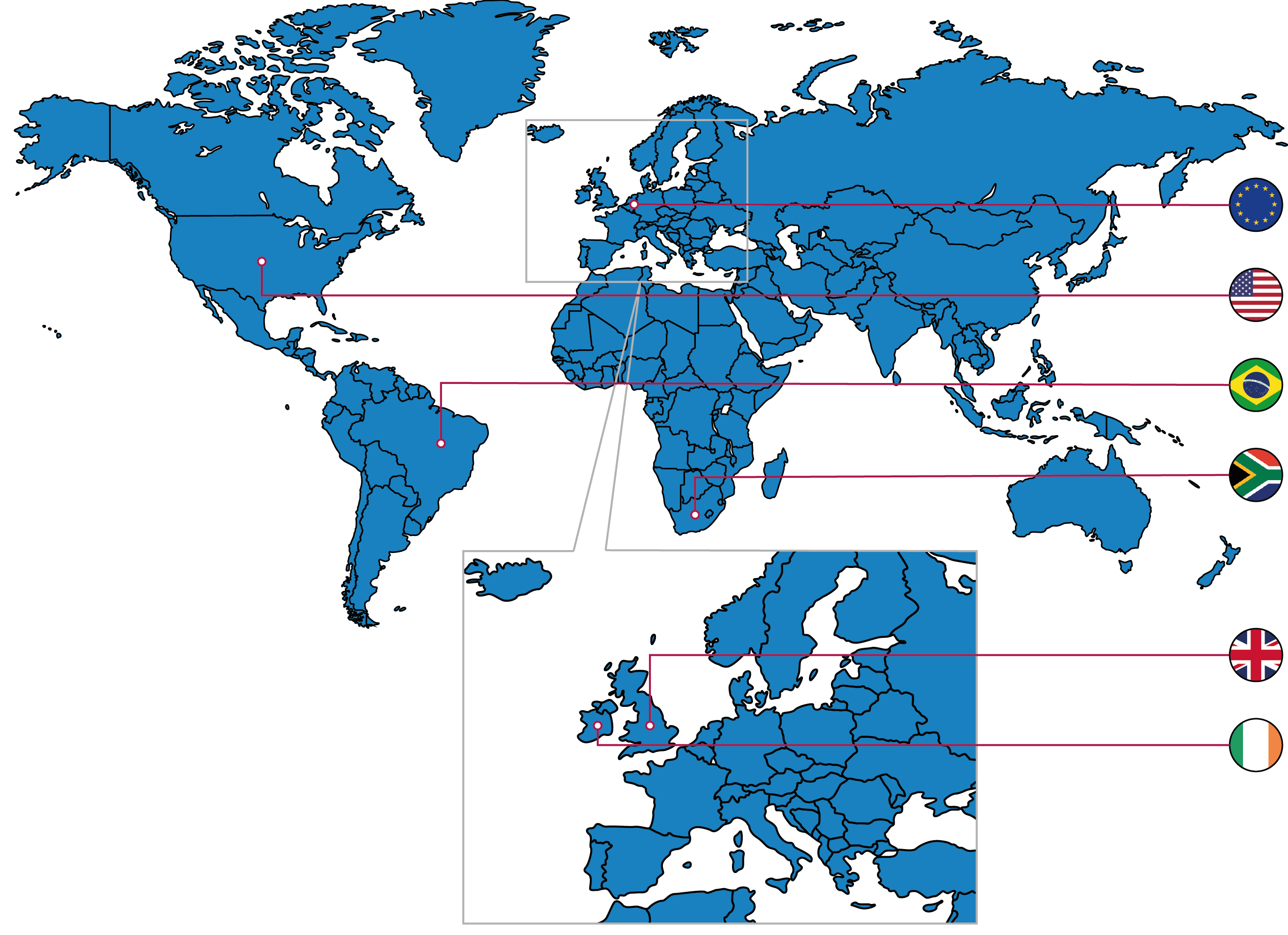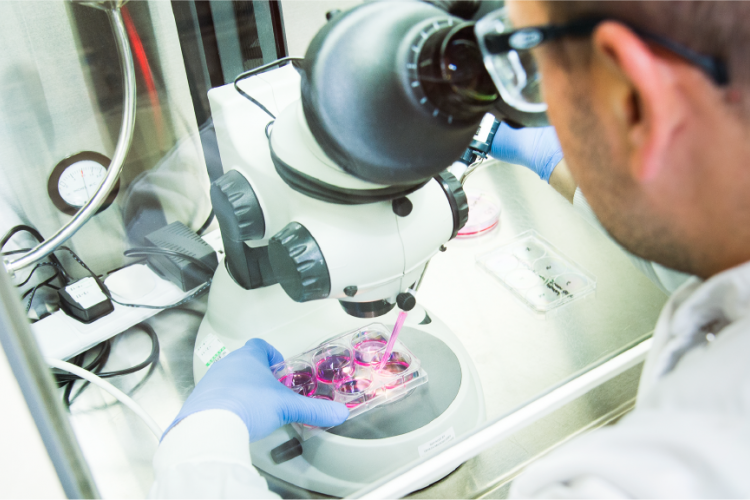Learned societies and other organisations
Learned societies and other organisations participate in wide-ranging activities, and can play a key role in improving the transparency and reproducibility of animal research.
Bodies such as learned societies and large international consortia involved in animal experimentation fulfil many roles that are varied in nature and scope. These may include providing funding, regulatory oversight, or best practice guidance.
How can organisations use and promote the ARRIVE guidelines?
There are many ways to use or promote the ARRIVE guidelines, depending on the specific role of the organisation. Examples include:
-
Policies on animal research: set out expectations regarding the design and reporting of in vivo experiments, for example:
|
Experiments should have clear objectives and be designed, conducted and reported to a standard such as the ARRIVE guidelines (Animal Research: Reporting of In Vivo Experiments) that will satisfactorily address the objectives set. In Vitro Toxicology Society – Policy on the use of animals |
- Apply the guidelines to specific activities: for example, the International Mouse Phenotyping Consortium (IMPC) used the ARRIVE guidelines in the design of their central database for in vivo experiments, ensuring that the information obtained from the 20,000 knockout mouse strains produced and phenotyped by the consortium is shared transparently and in enough detail to be useful to other researchers.
-
Learned societies' journal policies: for example, the American Physiological Society encourages the use of ARRIVE in manuscripts submitted to the journals they publish.
To endorse the ARRIVE guidelines 2.0, share suggestions on the use of ARRIVE, or suggest the development of new resources, please email arrive@nc3rs.org.uk.
Organisations endorsing ARRIVE 2.0
Click on a country name on the map below to see the list of organisations that endorse the ARRIVE guidelines.
 |
|
|
|
|
Back to map |
|
|
|
|
|
Back to map |



